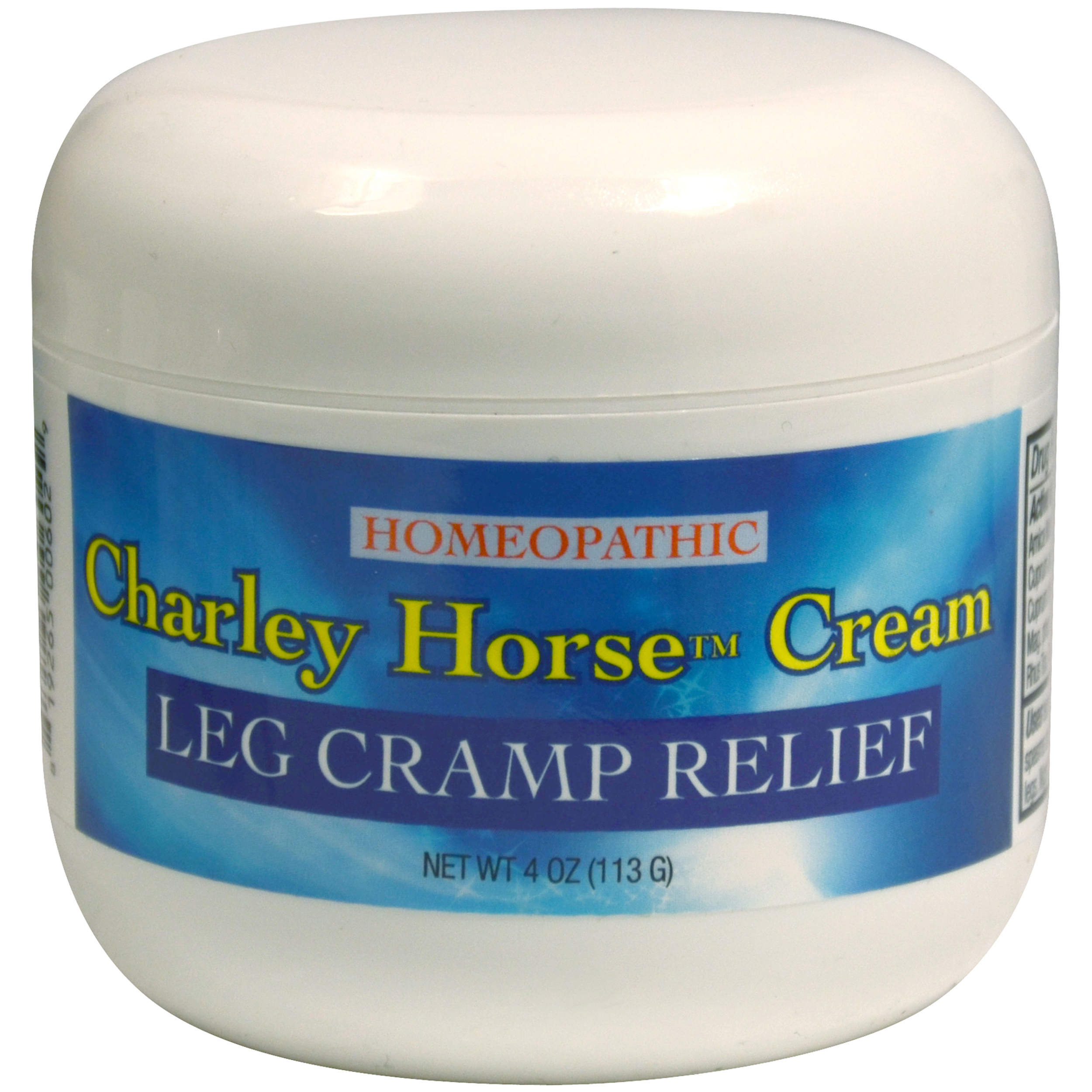

Magnesium is necessary for activating muscles and nerves, and a key sign of ongoing magnesium deficiency can be muscle contractions and cramps like charley horses. Researchers have now detected 3,751 magnesium-binding sites on human proteins, indicating that its role in human health and disease may have been vastly underestimated.įurther, if you suffer from charley horses, low levels of magnesium could be to blame. Magnesium is often thought of primarily as a mineral for your heart and bones, but this is misleading. adults are getting the recommended daily amount of 310 to 320 milligrams (mg) for women and 400 to 420 for men. Other research shows only about 25 percent of U.S. Is Magnesium Deficiency Causing Your Charley Horses?īy some estimates, up to 80 percent of Americans are not getting enough magnesium and may be deficient.
 Mineral deficiencies, including magnesium, potassium or calcium. In addition, the following factors may also increase your risk of a charley horse: Many medications are also associated with muscle cramps, including statin cholesterol-lowering drugs, ACE inhibitors (blood pressure drugs), certain asthma drugs, diuretics and more. It’s not clear what triggers a charley horse to occur, but it is thought the cramp may be related to a rapidly firing nerve (up to 150 electrical dischargers per second), which causes the muscle to tense up, as opposed to an issue with the muscle tissue itself. At nighttime, especially in the elderly. Anyone can get a charley horse, but they’re most common in the following populations and scenarios: In one study of more than 500 people aged 60 years and older, 31 percent reported being woken up by muscle cramps and 15 percent had cramps more than three times a month. In many cases, the pain is temporary and goes away on its own, but for some the cramps interfere with sleep, quality of life and daily activities. What Causes a Charley Horse?Īccording to the Cochrane Database of Systematic Reviews, about 1 in every 3 adults is affected by muscle cramps in their lower limbs. Whenever a baseball player would get injured or have a cramp in the lower legs, thus limping around like Charley the horse, teammates would call the player “Charley Horse.” Regardless of the name’s origin, the pain of a charley horse is unmistakable and can be excruciating. In case you’re a trivia buff and wondering why these muscle cramps are referred to as “charley horses” (a name that’s primarily used in North America), it’s said to be a tribute to Charley “Old Hoss” Radbourne, an 1880s-era baseball pitcher who often suffered from muscle cramps during games.Īnother version states the term came from a lame work horse named Charley who limped around doing various jobs around the baseball park (also in the 1880s). If you’re an adult, there’s a good chance you’ve had one at some point (and likely multiple points) during your lifetime.
Mineral deficiencies, including magnesium, potassium or calcium. In addition, the following factors may also increase your risk of a charley horse: Many medications are also associated with muscle cramps, including statin cholesterol-lowering drugs, ACE inhibitors (blood pressure drugs), certain asthma drugs, diuretics and more. It’s not clear what triggers a charley horse to occur, but it is thought the cramp may be related to a rapidly firing nerve (up to 150 electrical dischargers per second), which causes the muscle to tense up, as opposed to an issue with the muscle tissue itself. At nighttime, especially in the elderly. Anyone can get a charley horse, but they’re most common in the following populations and scenarios: In one study of more than 500 people aged 60 years and older, 31 percent reported being woken up by muscle cramps and 15 percent had cramps more than three times a month. In many cases, the pain is temporary and goes away on its own, but for some the cramps interfere with sleep, quality of life and daily activities. What Causes a Charley Horse?Īccording to the Cochrane Database of Systematic Reviews, about 1 in every 3 adults is affected by muscle cramps in their lower limbs. Whenever a baseball player would get injured or have a cramp in the lower legs, thus limping around like Charley the horse, teammates would call the player “Charley Horse.” Regardless of the name’s origin, the pain of a charley horse is unmistakable and can be excruciating. In case you’re a trivia buff and wondering why these muscle cramps are referred to as “charley horses” (a name that’s primarily used in North America), it’s said to be a tribute to Charley “Old Hoss” Radbourne, an 1880s-era baseball pitcher who often suffered from muscle cramps during games.Īnother version states the term came from a lame work horse named Charley who limped around doing various jobs around the baseball park (also in the 1880s). If you’re an adult, there’s a good chance you’ve had one at some point (and likely multiple points) during your lifetime. 
This article is shared by Nutrition Breakthroughs, maker of the effective calcium, magnesium and vitamin D based sleep aid Sleep Minerals II. Joseph Mercola, a physician trained in both traditional and natural medicine who provides up-to-date natural health information.







 0 kommentar(er)
0 kommentar(er)
